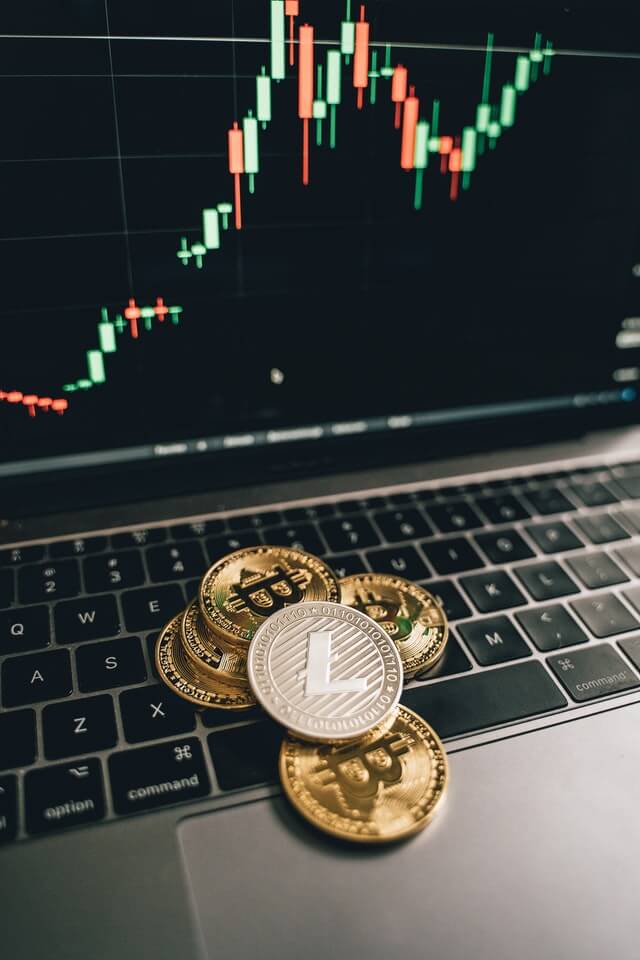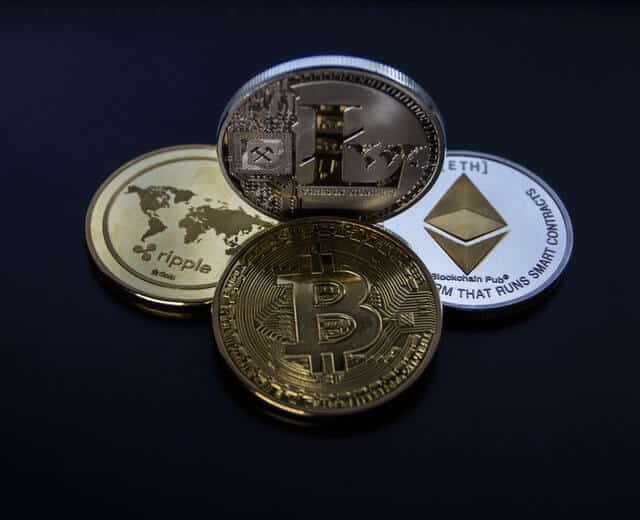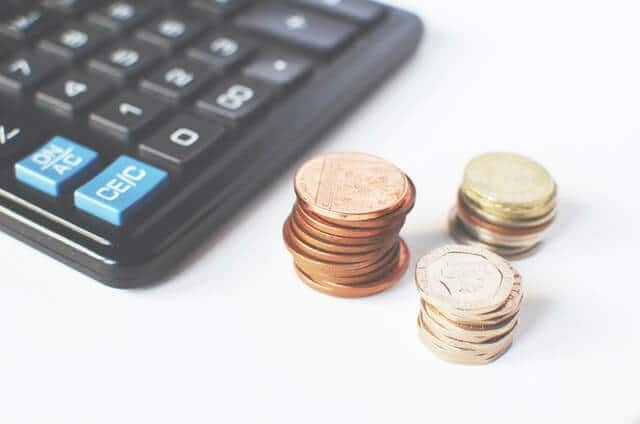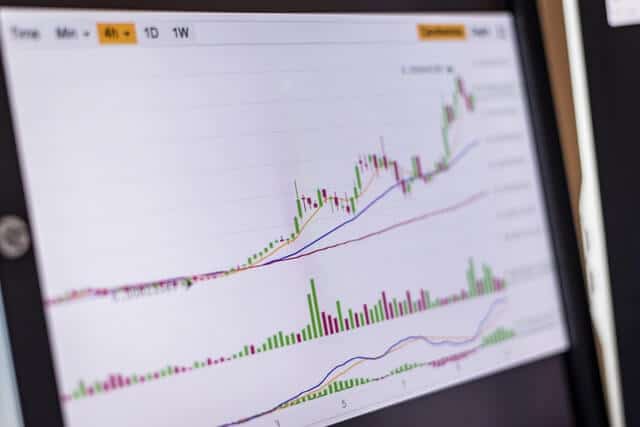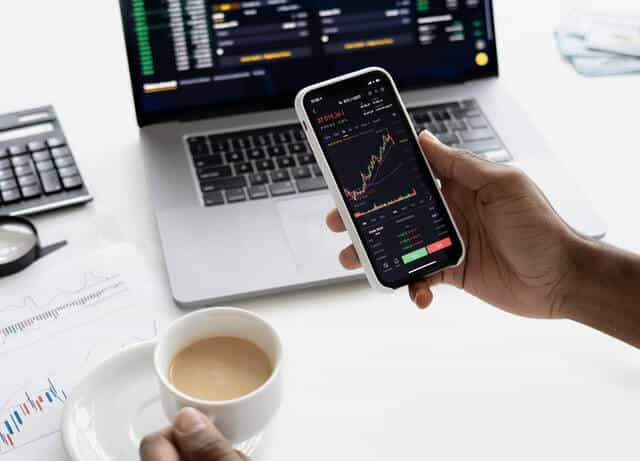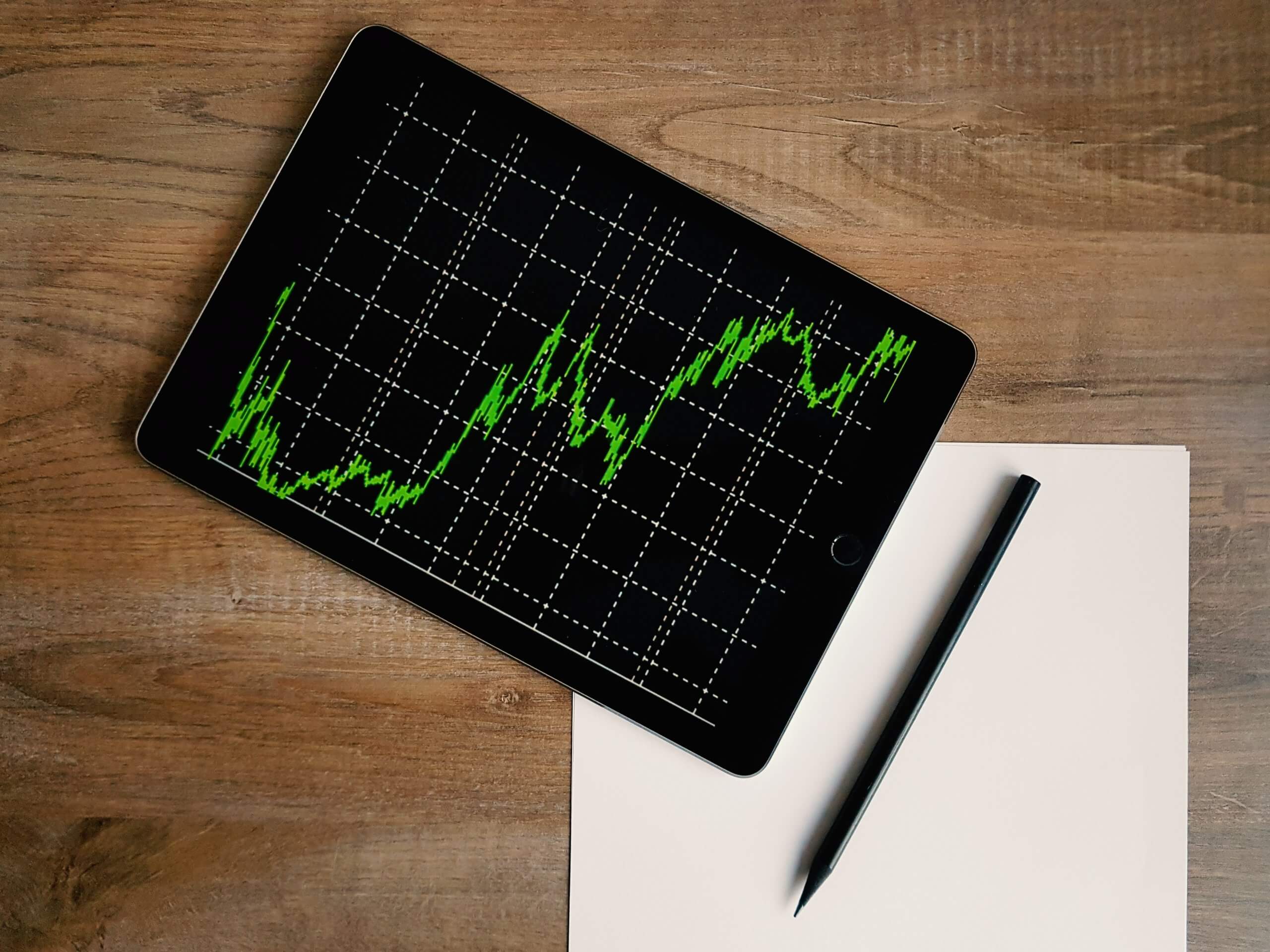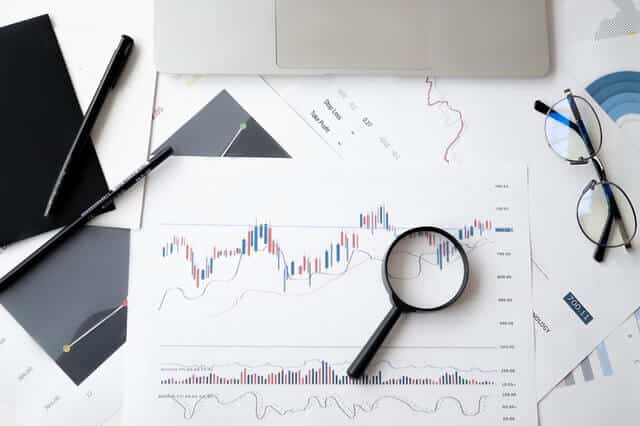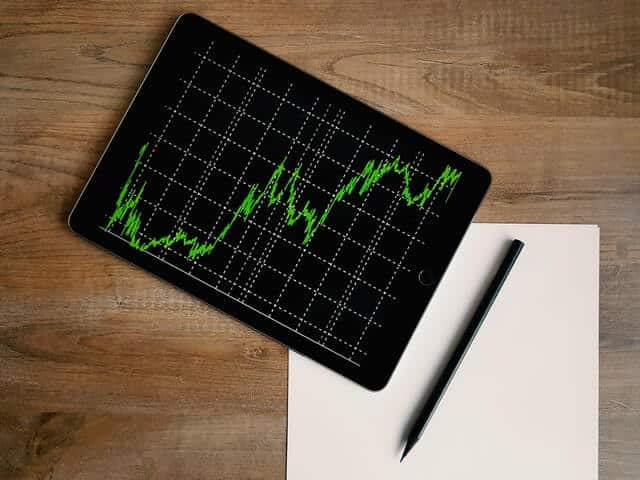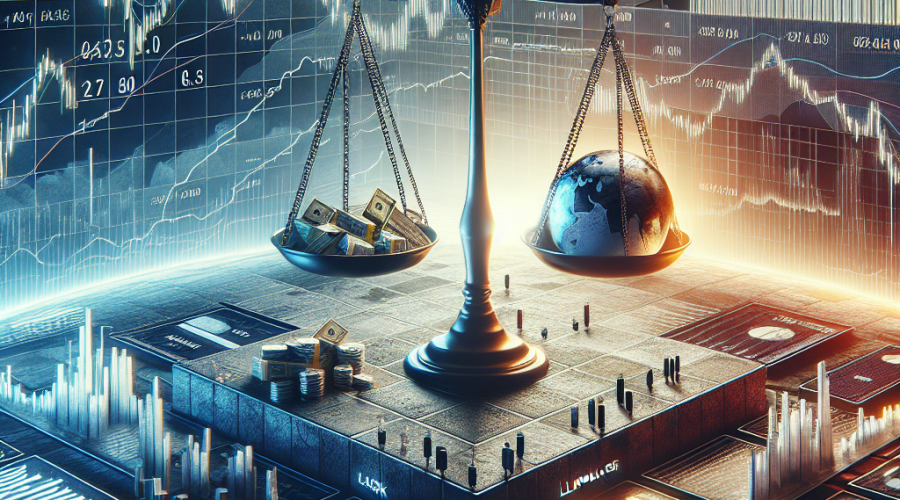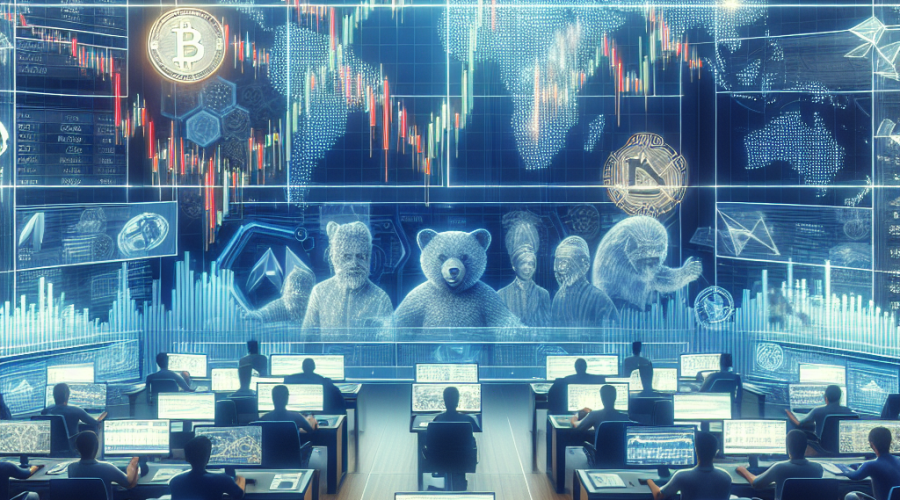Currency devaluation became a hot topic in recent months after the Coronavirus crisis. Although we are already leaving this situation behind, inflation and devaluation are terms that are becoming highly common in the media. The forex market is usually following devaluation events around the world.
The forex market is certainly impacted by devaluation. Investors and traders that want to protect their investments should have a clear idea of how devaluation works and how it could affect their investment strategies. We tell you all of this and more in the next sections.
Disclaimer: the information shared by AltSignals and its writers should not be considered financial advice. This is for educational purposes only. We are not responsible for any investment decision you make after reading this post. Never invest more than what you are able to lose. Always contact your professional. financial advisor.
What do you mean by Devaluation?
To start, we need to know the devaluation definition. Devaluation happens when a currency losses value against other currencies or goods. Countries from all over the world use different monetary tools in order to keep the value of their currency more stable.
Devaluation takes place as soon as the government decides to modify the exchange rate of its currency against other currencies. This could take place in a short period of time or on a regular basis. When devaluation happens, the exports of a country become stronger considering they are now cheaper for foreign buyers.
Nevertheless, imports become more expensive after a devaluation. That makes it more difficult for individuals to purchase imported goods. Additionally, companies and industries that depend on foreign goods could eventually become more inefficient if foreign prices are higher. Devaluations have more negative than positive effects on a country and its population.
A devaluation can also happen when the trust for a specific currency gets lost. Individuals and investors move to foreign currencies and the exchange rate changes dramatically over the course of a few days, weeks or months. Some countries have experienced constant devaluations over the last years.
What is Inflation?
Inflation is highly related to devaluation. This makes reference to the decline of the purchasing power of a specific currency. When that happens, individuals in that country require more monetary unites to acquire the same goods and services as they needed before.
When there is a devaluation, then we should also expect an increase in the prices of foreign goods. This could also increase the inflation rate of a country. Nevertheless, the main reason why inflation happens is due to money printing.
The larger the monetary units available in an economy, the higher the prices if the monetary expansion is not accompanied by an increase in productivity and investments. Inflation is also a way to tax the population without having to legislate the increase in taxes. As individuals receive higher-paid checks (which in foreign currency are worth the same or less), they now start paying taxes that before they were not paying.
Devaluation and the Forex Market
It is very important to understand that some countries live in a constant devaluation. This is the case of Venezuela, Argentina, Zimbabwe, and Turkey. Governments in these countries want to control all the aspects of the economy, including the value of the currency that they believe is the best for the economy
However, with the large inflation rates of these countries, it is almost impossible for individuals to use their currency as a store of value and in some cases as a medium of exchange or unit of account.
Due to this reason, the population of these countries fastly exchanges their local currency for foreign currency. This is why governments regulate who can get access to the forex market and how to do it. If you are a forex trader, you should avoid buying and selling inflationary currencies that are constantly devaluating because they do not work as a store of value.
What about Bitcoin?
Bitcoin is the first decentralized and limited-supply currency in the world. Although it is difficult to use it as a medium of account due to how fast its price fluctuates, it could be thought as a store of value due to the lack of politicians that could eventually print more BTC.
Bitcoin has a limited supply and an increase in its price cannot push miners to create more BTC. Thus, the price works as a real regulator of the supply and demand for this virtual currency.






